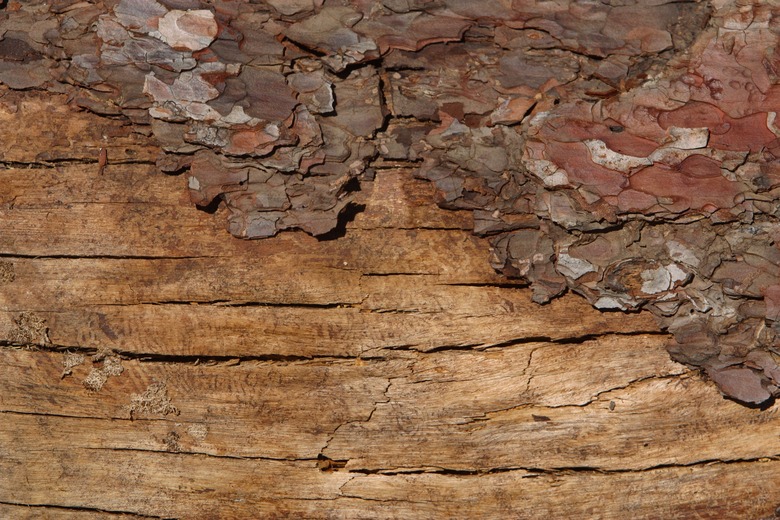Can Mulberry Wood Be Burnt In Your Fireplace?
A new homeowner can find the dazzling array of wood choices confusing and concerning when deciding on what to burn in the fireplace. Mulberry wood is a good choice for a home fireplace. It is dense, burns relatively cleanly and will provide a good amount of warmth. When deciding whether to use mulberry wood in your home fireplace, there are a few things you should keep in mind.
It Must Be Properly Seasoned
Any and all wood burned in a fireplace should be properly seasoned. This means splitting the logs and allowing more of the wood to be exposed to the air for at least one year. Any wood that has been recently cut down will be exceedingly difficult to burn and even harder to keep burning. Additionally, unseasoned fresh wood will leave residue in your chimney, which will require more frequent cleaning. Mulberry wood should appear a dark gray color when it has been properly seasoned.
It Must Be Cut to Size
If you are buying firewood, save yourself the hassle of having to cut logs with a chainsaw. Wood that needs to be split can be handled with an axe, but wood that needs to be cut to fit your fireplace will be a real hassle, especially on a cold winter night. Make sure your mulberry wood is sized properly for your fireplace.
Mulberry Heating Value
Mulberry wood is a relatively dense wood. This means that, when it comes to heating value, you are actually getting more heat for your money when you choose mulberry over something less dense, like oak or elm. A cord of mulberry wood will provide your fireplace with about 23 BTUs of heat, whereas a cord of a softer wood such as pine will provide only 10. This makes mulberry wood a comparatively cheaper fuel for heating.
Mulberry Smell
Mulberry wood emits a sweet smell, reminiscent of hickory. There are a lot of natural sugars in the wood of the mulberry tree, which gives it its characteristic scent. This makes mulberry an excellent choice for the fireplace and a great natural air freshener for your home on a cold winter evening.
